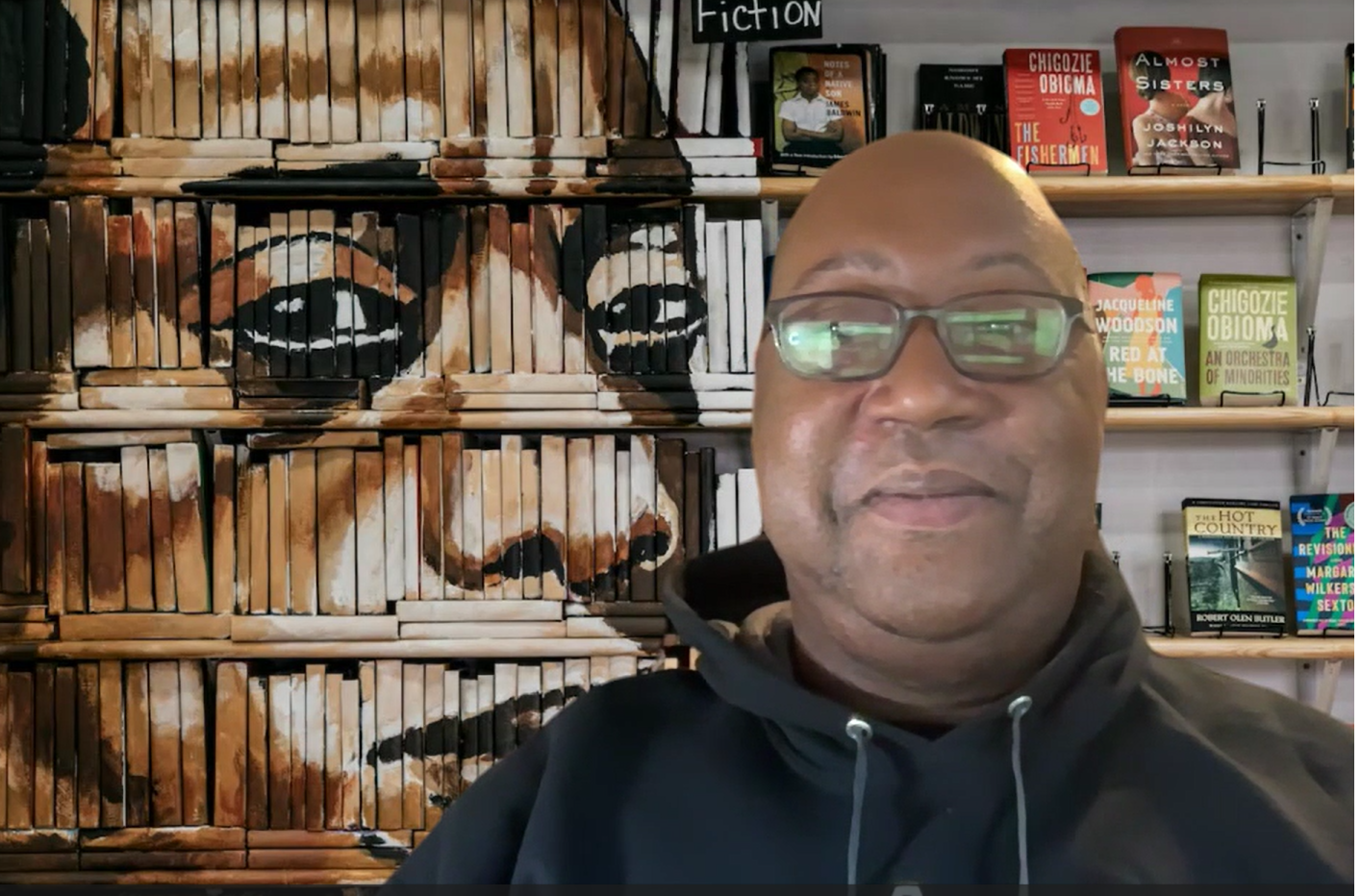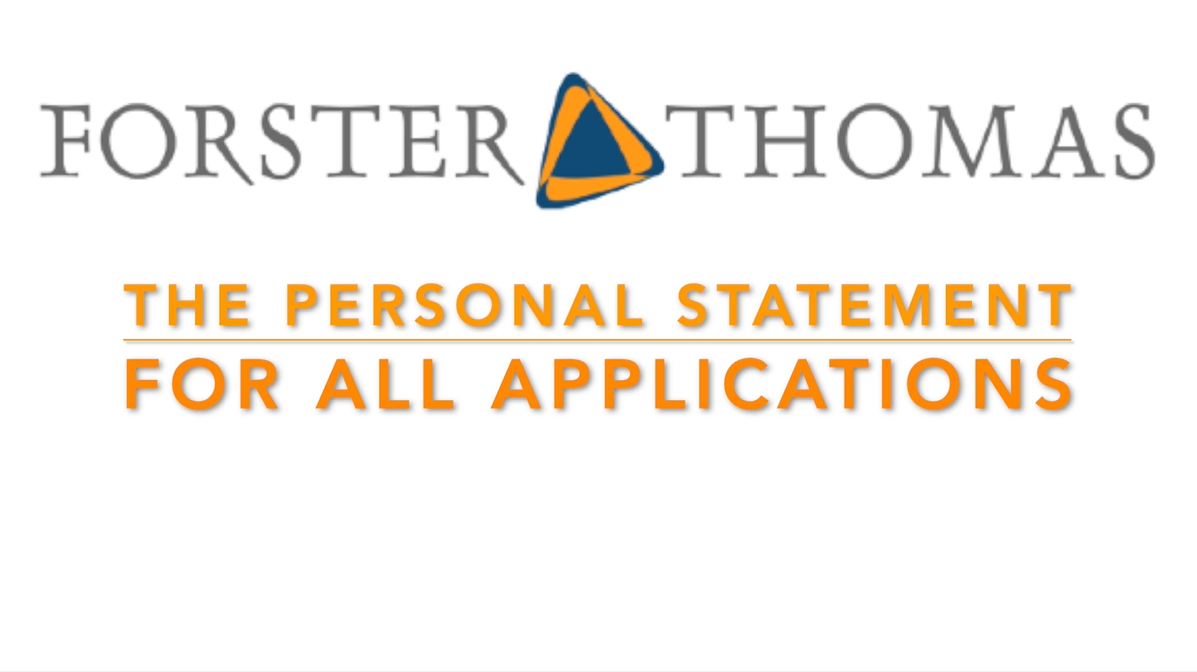The word “diversity” is not being used much by colleges anymore, but the “diversity essay” still exists—it’s about what you bring to a community, in tiny or large moments.
When one of my students wanted to apply to a variety of colleges, she looked at the prompts and just saw black holes with no idea how she would fill them. In particular, prompts about diversity, contributing to the college community, and personal growth intimidated her—particularly in this difficult political climate.
I began working with Meera from across the pond in Portugal over Zoom. According to her parents, Meera had a sleep problem. I would get texts from her at 10am—which meant she was sending them at 4am Milwaukee time. So, I took her quick “how r ya?” text to find an opening to connect. But her texts quickly morphed into things like “ya,” “Kk” and eventually, at 7am Meera’s time, she finally said something about how she was playing Fortnite, often referred to as a “Battle Royale” game. In every battle, the aim is to be the last one standing out of 100 players.
Meera had begun ranking in the top 50 players across the world. This is a monumental “athletic” accomplishment, that Meera was monetizing into a national brand and sponsorships. 🤷🏽♂️
Yet, when it came to essays, Meera thought she had nothing to write about—that computer game accomplishments should not be mentioned in applications.
In particular, Meera thought she had nothing she could contribute to her college community, as many colleges ask about in essays about “diversity” or “contributing to its community.”
Here are two example prompts:
Because we know that diversity benefits the educational experience of all students, the University of Maryland values diversity in all of its many forms. This includes (but is not limited to) racial, socio-economic, gender, geographical, and sexual orientation. We are interested in hearing about your own individual life experiences. In a few sentences, will you please describe how you have learned, grown, been inspired or developed skills through one or more components of diversity.
We seek an Amherst made stronger because it includes those whose experiences can enhance our understanding of our nation and our world. We do so in the faith that our humanity is an identity forged from diversity, and that our different perspectives enrich our inquiry, deepen our knowledge, strengthen our community, and prepare students to engage with an ever-changing world." — from the Trustee Statement on Diversity and Community Quote 2 Question: In what ways could your unique experiences enhance our understanding of our nation and our world?
Meera, a Hindu teenager, said she did not want to write about her religion or culture in her supplemental or University of California PIQ essays.
Fine. But Meera was fighting to compete in the Fortnite Global Championship Tournament online in the host country, France. This struggle—which required that she commit, persevere, and work on skills over and over until she got them right—created incredible traits she could contribute, anywhere! The “diversity” prompts of any type often mention family, faith, culture, ethnicity, gender, religion, which is why so many people think that’s what they are supposed to write about. But they also include topics about significant personal insight or experience.
What they are about, at their core, is what gives you empathy to contribute to a functional team dynamic.
So, I suggested Meera write about this in her diversity prompts. Fighting to become a national Fortnite champion, Meera experienced sadness, anger, self-doubt. To eventually get new Fortnite skills and talents, she had to meet new people with new and unusual thinking. One Catholic Fortnite player, from Bloomfield Hills, Michigan, knew how to write clearly about when he text-chats with friends and teammates in his Epic Friends list. One Jewish girl from Paris’s Left Bank understood and explained driving emotions to others when she was run over by a legendary super spider from Casablanca in Fortnite.
Meera had taken all of these lessons and applied them to her studies and research in Artificial Intelligence. She learned how to program the AI to consider different viewpoints and ways of thinking.
And all of this applies to how she will contribute to her college community. She has empathy when she meets new people. She knows how to fit into diverse new friend groups, debate in college classes where people don’t agree, consider how different markets look at the same product, and how AI needs to be unbiased in its analysis of large language models and data collection.
Meera has so much to contribute to her college community. And so do you.
You can be very special in your diversity in ways that perhaps you don’t understand…yet! Authentic connection and contributions to communities—even nontraditional ones with Fortnite—are where you will find the strength in your voice and stand out.
Write about how you contribute to groups that are different from you, in moments large or small!
XO
Auntie Evan











